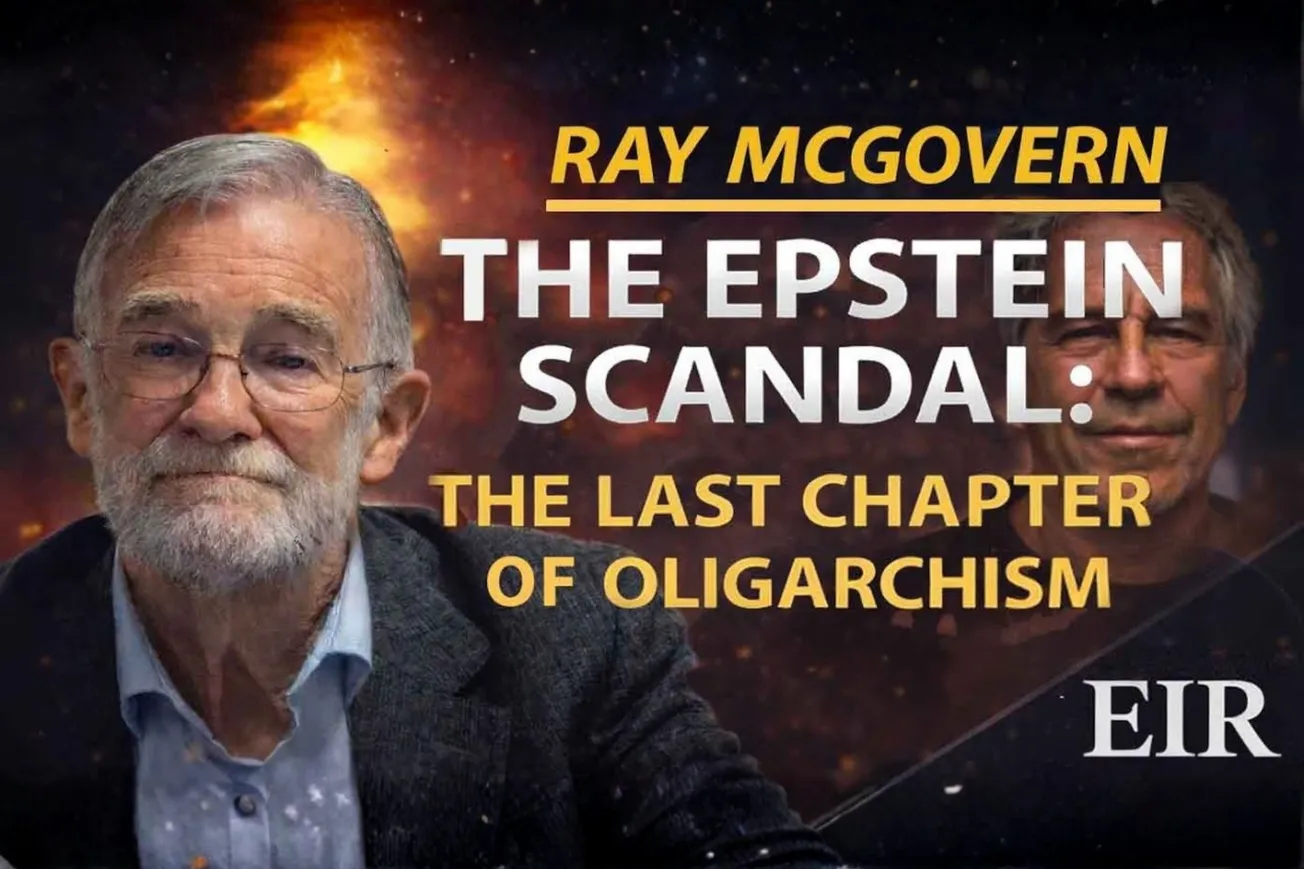On Thursday, Schiller Institute founder Helga Zepp-LaRouche and Schiller Institute’s Southwest Asia Coordinator Hussein Askary joined Farrukh Iqbal Khan from Pakistan, Professor Li Xigaung from China, and Dr. Smaine Djella from Algeria, for a discussion on the “OIC-China Partnership for Peace and Development.”
Following Professor Li (who addressed an April 7, 2016 Schiller Institute event in Manhattan), Zepp-LaRouche spoke to the need to spread an understanding of the potential of the Belt and Road Initiative throughout Europe, where a better understanding of the potential of the world is sorely needed. She pointed to the 2011 killing of Libyan leader Muammar Qaddafi, a military intervention that prompted LaRouche to say that the same future awaited Russia and China. There is no secret that the Anglo-American establishment seeks to crush Russia and China, to prevent their economic development and assertions of sovereignty. But there is only one conclusion to such attempts, if they are not defeated: nuclear war and the end of civilization.
But multipolarity itself is not the solution. Rather, an affirmative, unifying intention is required for the world. A prime historical reference is the Treaty of Westphalia, which based itself on looking to the future rather than the past, and on sovereign nations committing themselves to the benefit of the other — to common improvement. There can be no legitimate national interest that opposes the well-being of humanity as a whole.
Countries are increasingly waking up to the threat they face, and a guiding direction is required. Reason must prevail!
Future coverage will give a sense of Hussein Askary’s presentation, and of the discussion process as a whole.




